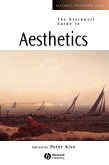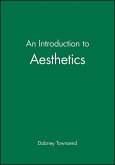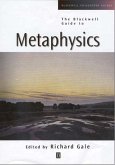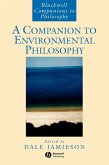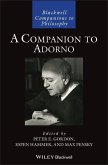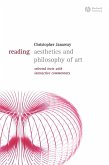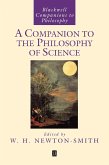With their timeless observations of human nature, the novels of Jane Austen continue to resonate with modern readers. Austen's accessibility to diverse audiences in divergent periods is due at least in part to her moral perspicacity. In this thought-provoking study, E.M. Dadlez argues that perspectives on value and ethical reasoning expressed in Austen's work converge with views concerning human nature and morality put forward by David Hume. Dadlez maintains that Austen's novels provide us both with thought experiments and outright illustrations that support or demonstrate particular points which Hume himself made about moral reasoning, and about aesthetic and epistemic norms. If so, we can claim for Hume's ethics, and for some of his philosophy of mind and epistemology and aesthetics as well, the same universality and breadth of accessibility that is ascribed to Austen. And while Austen can sometimes help us to understand and to expand upon Hume, it is also the case that Hume can help us to understand and to expand upon Austen, by making salient features of her texts that are too often neglected.
Hinweis: Dieser Artikel kann nur an eine deutsche Lieferadresse ausgeliefert werden.
Hinweis: Dieser Artikel kann nur an eine deutsche Lieferadresse ausgeliefert werden.
"Dadlez unpacks the major philosophical trends evidentin both Austen and Hume to show that Austen's works wereinfluenced by the intellectual climate resulting from Hume's studies."(Consciousness, Literature and the Arts, December 2009)
"Dadlez says explicitly that her argument is intended tobe cumulative: that is, the text reveals the posited relationshipbetween Hume and Austen gradually, through a series of smallerdemonstrations as she moves from topic to topic. This makes herbook an extremely pleasant read for an Austen aficionado....Indeed, that the book's strength lies in the details...suggeststhat it will be of particular value in interdisciplinary contexts:it has the double function of introducing Austen and her literatureto philosophers, and Hume and his moral philosophy to students ofliterature." (Notre Dame Philosophical Reviews, February 2010)"Dadlez's treatment of moral and other philosophical themesin Austen is subtle and enlightening, and the connections she drawsbetween the great author and Hume are perceptive and convincing.Because of its interdisciplinary breadth and shrewdness about bothliterature and philosophy, this book will speak to a very wideaudience."
-A.W. Eaton, University of Illinois at Chicago
"This sprightly, affectionate book makes a compelling case thatAusten's novels both endorse a Humean conception of ethical lifeand elicit emotional responses that enact that conception fromreaders."
-Rachel Zuckert, Northwestern University
"Dadlez says explicitly that her argument is intended tobe cumulative: that is, the text reveals the posited relationshipbetween Hume and Austen gradually, through a series of smallerdemonstrations as she moves from topic to topic. This makes herbook an extremely pleasant read for an Austen aficionado....Indeed, that the book's strength lies in the details...suggeststhat it will be of particular value in interdisciplinary contexts:it has the double function of introducing Austen and her literatureto philosophers, and Hume and his moral philosophy to students ofliterature." (Notre Dame Philosophical Reviews, February 2010)"Dadlez's treatment of moral and other philosophical themesin Austen is subtle and enlightening, and the connections she drawsbetween the great author and Hume are perceptive and convincing.Because of its interdisciplinary breadth and shrewdness about bothliterature and philosophy, this book will speak to a very wideaudience."
-A.W. Eaton, University of Illinois at Chicago
"This sprightly, affectionate book makes a compelling case thatAusten's novels both endorse a Humean conception of ethical lifeand elicit emotional responses that enact that conception fromreaders."
-Rachel Zuckert, Northwestern University


